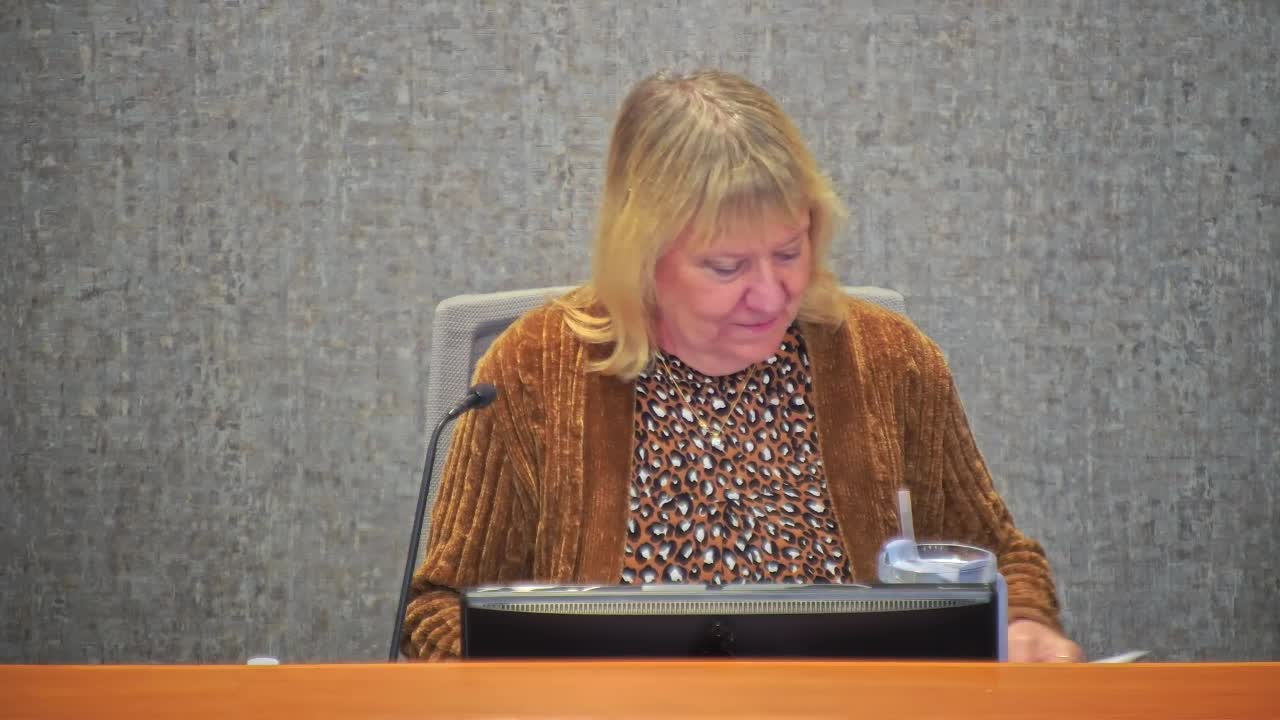Council backs plan to use Prop 1 sales tax revenue for 10 new police positions starting Jan. 2026
Get AI-powered insights, summaries, and transcripts
Subscribe
Summary
City and Sheriff's Office outlined a staffing plan to use the voter-approved 0.1% public-safety sales tax to hire 10 additional officers, a shared detective and to maintain one previously grant-funded behavioral-health position; recurring cost estimated at $2.24 million.
City officials and the Spokane County Sheriff’s Office presented a plan on Oct. 14 to use revenue from the voter-approved 0.1% public-safety sales tax (effective Jan. 1, 2026) to add staff across patrol, investigations, traffic and school-resource functions.
Deputy City Manager Eric Lamb said the sales tax passed in August but will not generate revenue until Jan. 1, 2026, and the council was being asked for direction so Spokane County and the sheriff’s office could prepare hiring and contract language. “That tax, while it passed in August, is not effective until 01/01/2026,” Lamb said.
Spokane Valley Police Chief Dave Ellis outlined the staffing recommendation: three additional patrol officers (raising patrol from 53 to 56), an extra corporal/detective in traffic to handle serious collisions, one more school-resource officer (bringing SROs to five), four additional property-crimes detectives (increasing that unit from 12 to 16) and a shift of an existing SBIU (property-crimes) officer to the Raven gang/drug unit. Chief Ellis also described adding a 0.5 FTE to the sexual-assault and child-abuse investigative team to address rising workload.
“This is the plan that I developed here. So this is a plan that I fully support,” Ellis said when asked by council for confirmation.
Deputy Manager Lamb and staff estimated recurring annual costs for the package at about $2,240,000 and one-time vehicle and equipment costs of about $657,000. The city vehicle and equipment fund has roughly $650,000 budgeted for 2026 purchases; staff recommended applying $350,000 toward the new vehicles and using $307,000 of fund balance for the remainder while retaining the council’s minimum reserve policy.
Officials noted some school-resource officer costs are partially paid by the school districts. Staff said the recommended positions align with the earlier staffing matrix study and were discussed with the city public-safety committee and the sheriff’s office.
Council discussion focused on timing and broader system capacity. Councilmember Merkel asked whether officers could be hired and trained before Jan. 1; the sheriff’s training unit said the next class is planned for January and that hiring prior to that date was unlikely. Councilmembers also discussed the limits of adding sworn officers without additional capacity in courts, jails and prosecutorial services.
Deputy Mayor Hatenberg and members of the public-safety committee said the mix of positions better matches community needs than adding patrol alone. The council indicated consensus to bring forward a formal motion authorizing the positions once staff finalizes budget and contract documents so hiring can begin as soon as revenue is available.
Ending: Staff will prepare the formal documents and a motion for council consideration so the sheriff’s office can schedule recruitment and training that begins with the Jan. 2026 class, pending final budget adoption.
